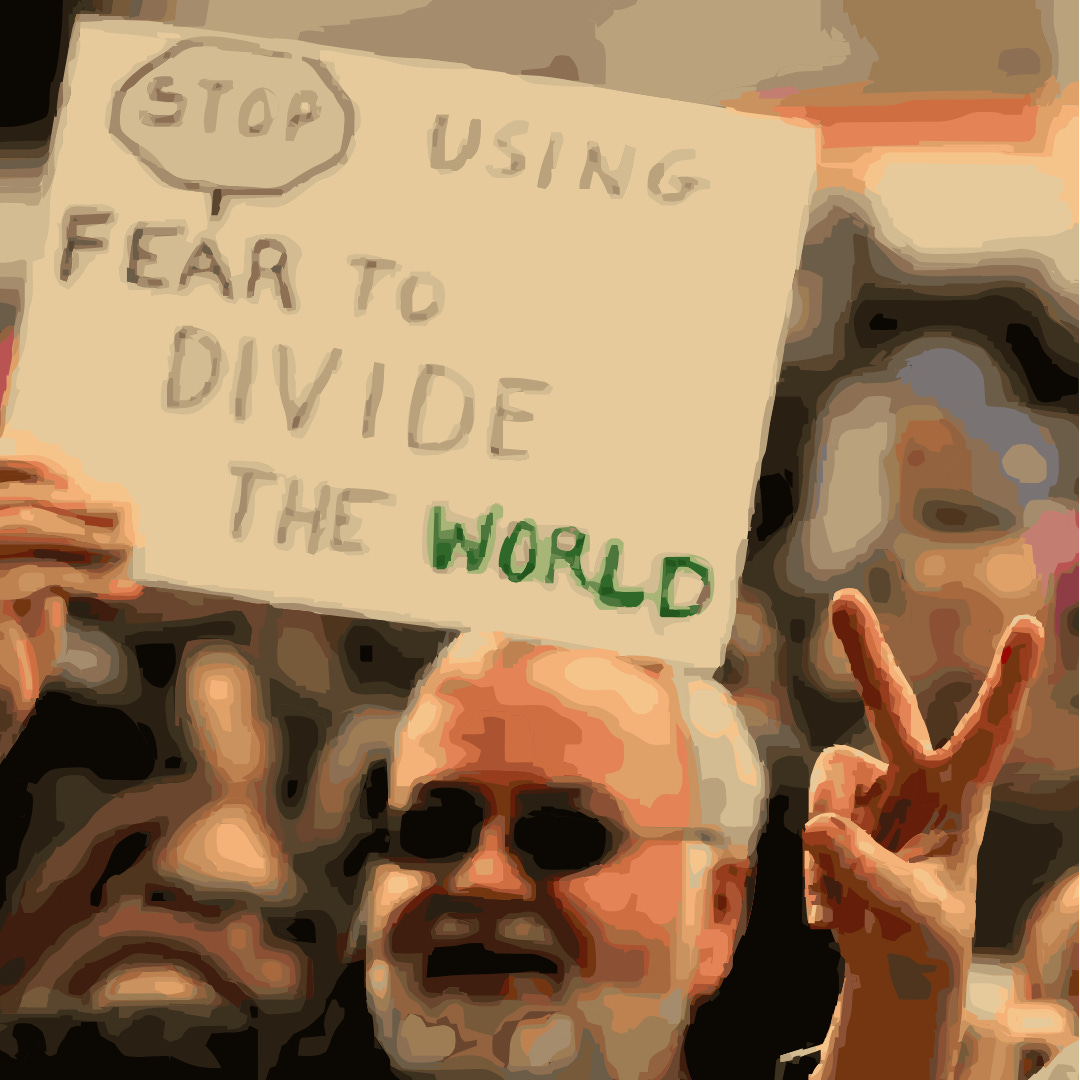The Great Myth of Capitalism Creates Heartless Hoarding
It's time to reject it.
It was my third year of undergrad, and I should have known better. I was living off of a modest scholarship and a stipend from my parents, and I was at the point where anytime I swiped my debit card I held my breath a little bit, not knowing if it would go through. But I always had just about enough, and if I swallowed my pride, I could get more by aski…



